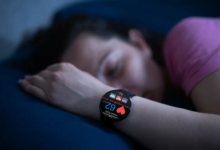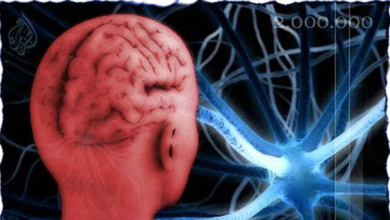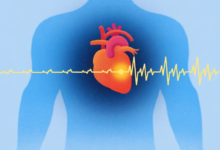Intermittent Fasting: Multiple Health Benefits and Potential Effects on Hair Growth


Intermittent fasting offers numerous health benefits, but a recent study has revealed that it may slow down hair growth, at least in experiments conducted on mice.
What is Intermittent Fasting?
Intermittent fasting is a dietary regimen that involves controlling eating times, allowing food intake only during specific hours while fasting for a set number of hours daily. According to “Johns Hopkins,” this regimen aims to improve overall health by regulating eating and fasting periods.
The Study and Key Findings
The study, conducted by a team of scientists led by Bing Zhang, a stem cell expert from Westlake University in China, was published in Cell on December 13. Experiments on mice showed improved metabolic health; however, hair regeneration was slower compared to mice that had unrestricted access to food.
Additional Findings:
- A small clinical trial on humans revealed similar effects, albeit less pronounced, due to differences in metabolic rates and hair growth patterns between humans and mice.
How Fasting Affects Hair Follicles
Extended fasting periods impact hair follicle stem cells, responsible for hair regeneration, due to oxidative stress caused by switching energy sources from glucose to fats.
- During fasting, fatty tissues release free fatty acids, which reach hair follicles. However, the follicle stem cells lack the mechanisms to utilize these acids, leading to harmful molecule accumulation and cell death.
- Conversely, human stem cells responsible for the skin barrier are less affected due to their higher antioxidant capacity.
The Role of Antioxidants
Researchers demonstrated that antioxidants, such as Vitamin E, can help protect hair follicle stem cells during fasting. When applied topically, Vitamin E enhanced the cells’ resistance to adverse effects.
Additional Experiments and Future Research
In a small trial involving 49 healthy young adults, fasting for 18 hours daily reduced the average hair growth rate by 18% compared to a normal diet. However, researchers emphasized the need for larger studies to further investigate this effect.
Future Plans
The researchers aim to explore how fasting affects other types of stem cells in the body, such as those responsible for wound healing and tissue regeneration.
Bing Zhang stated: “We want to understand how fasting influences regenerative activities in various tissues and work on developing solutions that support the survival of hair follicle stem cells and promote hair growth during fasting.”
Conclusion
While intermittent fasting provides significant health benefits, it is crucial to be aware of unintended side effects, particularly on tissues like hair.








